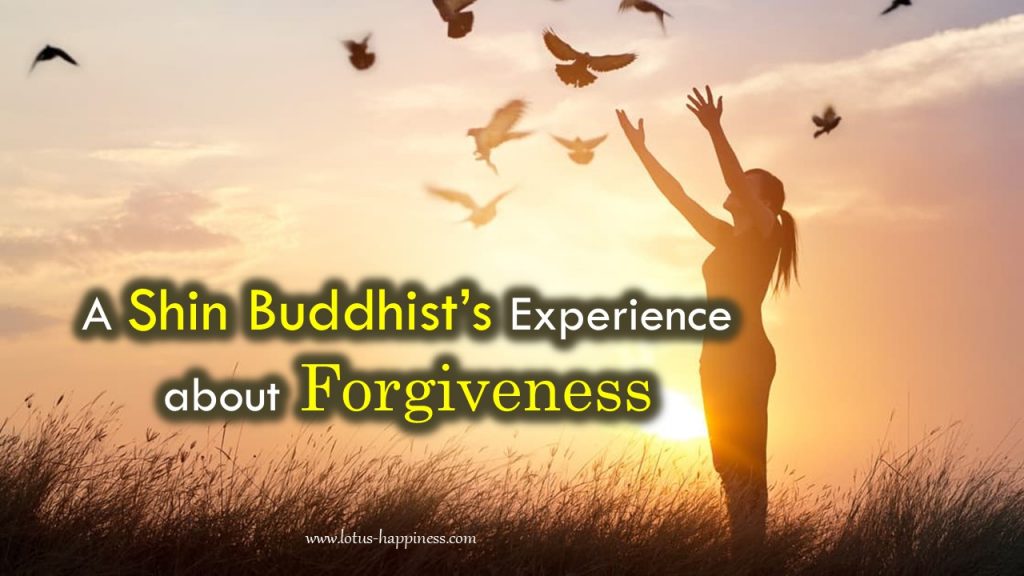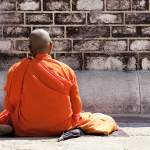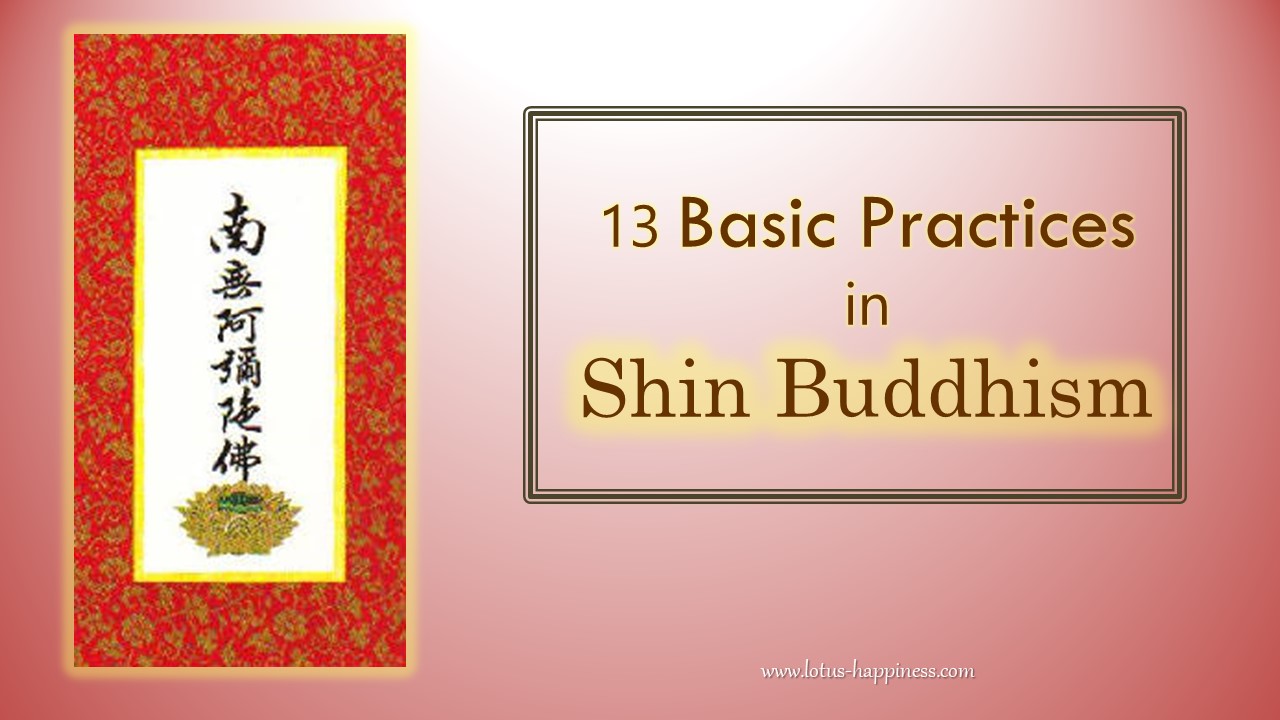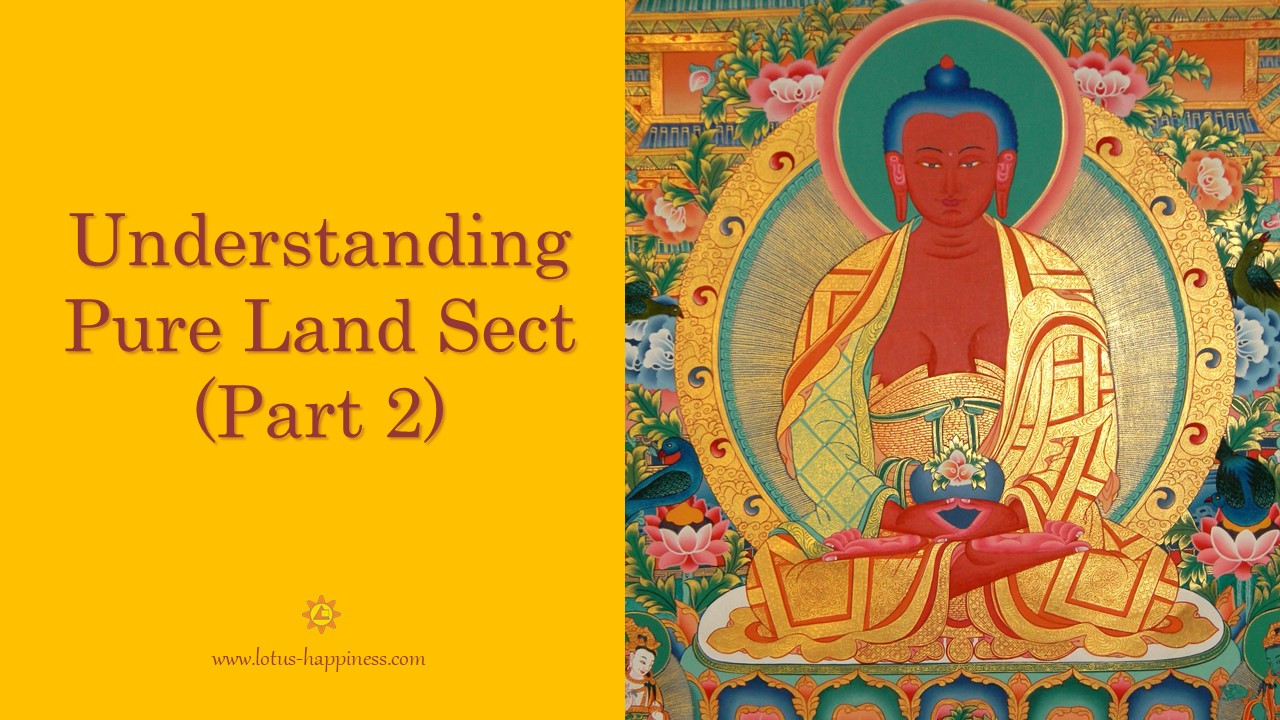A Shin Buddhist’s Experience about Forgiveness
In Buddhist understanding, even before we try to forgive, we have to realize that we are always being forgiven by others. Realistically speaking, whenever we become angry because of what another has done to us, it is close to impossible to be forgiving. In fact, one thinks first of retaliating and taking revenge. Even if one can verbally forgive another, the resentment deep within may continue to smolder, causing irreparable damage. This is the reason that anger is considered a poison in Buddhism.
When one admits to the inability to forgive, one may become both tolerant of one’s limitations and more accepting of the other. This open admission might lead to the further realization that one is always being forgiven by other people. When people continue to associate with us, and in some cases, even love us, in spite of our idiosyncrasies, laziness, willfulness, and unpredictable mood changes, we are being forgiven for what we are. As we deepen our awareness, a sense of appreciation may grow, even for those who create distress and discomfort in our life.
Here is an incident about a Shin Buddhist’s experience of his roommate in the university:
My friend had a roommate, a fellow graduate student in his thirties, who every weekend would go on a drinking binge. He would return to his dorm room drunk at two or three in the morning. He would make a lot of noise—cursing loudly, banging on the walls, kicking the furniture, throwing his books against the wall. Because of this disruptive behavior, my friend could not sleep and would quietly leave the room to find another place to stay for the weekend. The roommate’s behavior grew worse as time passed, and he began circulating rumors about my friend, saying to others such things as “He is strange, he’s a Buddhist, he has funny eating habits, he has no friends, he sneaks out in the middle of the night, never returns until morning,” and so on.
My friend never confronted his roommate about the rumors he was spreading, let alone is drunken behavior every weekend, until one house meeting, the chairperson asked him to share the problem he was having with those present.
So my friend explained to the group the situation that he was having. It was very embarrassing for the roommate, but the chairperson urged him to express his views frankly, admonish his roommate about proper behavior, and try to establish some form of communication. There was tension in the air, filled with the potential for hurt and angry feelings, but my friend never complained about his roommate nor criticized his behavior. Instead, he shared these reflections with the group:
“You know why I never said anything about my roommate? Because I, too, am sometimes like him. I get angry and complain. How can I accuse him of anything? I just realize who I am, I reflect on myself through him. It’s none of my business to tell him what to do. If he wants to change, he will. If he doesn’t want to change, my saying anything won’t make a bit of difference. If he wants to change, or doesn’t want to change, either way is fine with me.”
And then, turning to his roommate, he continued:
“When I heard that you were bad-mouthing me, I reflected on myself and thought, Yes, yes, that’s right, I am just like you, I like to gossip about others, I have strange habits, sometimes I get angry and want to punch someone. Yes, I feel the way you feel about me. We’re all the same human beings. Thank you very much for reminding me of who I and what I can be like.”
My friend concluded his remarks by thanking his roommate and said, “People may think that having a roommate like you is a bad experience, but for me, it is a good experience, giving me another opportunity to know my true self. For this I am grateful to you.”
Forgiveness is a virtue that should be encouraged, but it should be practiced with a sense of humility, arising from the that one is forgiven even before one thinks of forgiving other. Then, a feeling of gratitude may spontaneously emerge, such that forgiving others or being forgiven is no longer an issue.
Source: Shin Buddhism – Bits of Rubble Turn into Gold












